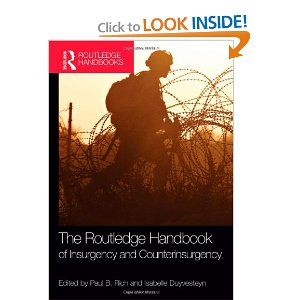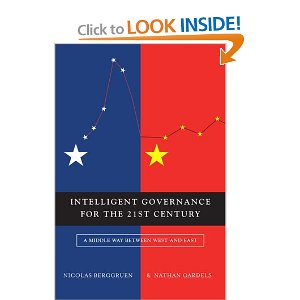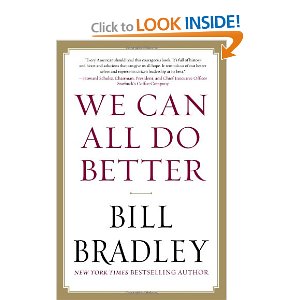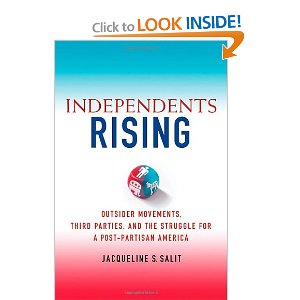
Walt Breede
5.0 out of 5 stars As good as Nero Wolfe, Travis McGee, or Matt Helm,December 2, 2012
DISCLOSURE: the author was my boss in the Marine Corps, and one of three truly brilliant bosses I have had in my 60-year lifetime. I read this book in galley, but now that he has two other books out and I have the set, this is a good time to do something I rarely do, review a book of fiction (I read in 98 non-fiction categories, you can access all my reviews by category at Phi Beta Iota the Public Intelligence Blog).
The author is a mathematics and operations research wizard (operations research is what the Navy used in WWII to anticipate submarine attacks and devise tactics that successfully drove the U-Boats from the sea). He is a US Naval Academy graduate who chose the Marine Corps, was the first Director of the Marine Corps Intelligence Center, and in retirement chose to teach high school mathematics and coach sports rather than cash in his clearances with beltway bandit work. I hold him in the very highest regard.
I should also mention that he was a defense attache in Turkey, back in the days when anesthesia for major medical for both men and women was a bottle of scotch, and I know from talking to him that quite a bit of each of his books is drawn from real-life experience with just a tad of embellishment (well maybe more than a tad). My point is that these three books are both engrossing, and connected to the real world.
I won't spoil the story line, and will just say that the protagonist represents the ideal man, the man every woman wants and every man envies, and as a former spy myself (the author was not, defense attaches are totally legal), I consider the protagonist to be the perfect citizen intelligence officer — action oriented, observant, brilliant, and prudent, and of course outrageously successful in the face of ably-described evil on every corner.
STRONGLY RECOMMENDED as holiday gifts and holiday reading!
The other two books are Altar Stone: An Alan Llewellyn Novel and Sanity Check, which will be listed on Amazon soon and will be the last of my reviews–and I will not repeat the above introductory material but will point back to this, the first book in what should be a six to ten book series.







